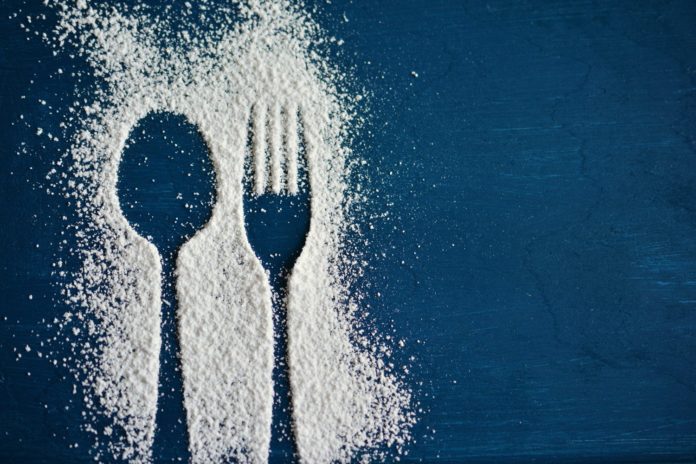From shootings in the US to humanitarian crises, the first three months of 2018 have seen many challenges. But behind the headlines are inspiring stories of progress. Here are 20 of our favourites
1. An NHS hospital became England’s first to ban all sugary food and drinks
The policy at Tameside Hospital, Greater Manchester, relates to patients and staff and has been welcomed by campaigners as “trailblazing”. A ban on fizzy drinks comes into force across the health service in July.

A deposit return scheme for single use drinks containers such as plastic and glass bottles and aluminium cans will be introduced in England, subject to consultation, the government confirmed in March. The move, which supporters hope will boost recycling rates and cut litter, comes amid increasing concern over the issue of single use plastic waste. The deposit will increase prices – but consumers will get the money back if they return the container. Deposit return schemes have increased recycling rates to more than 90 per cent in other countries.
3. Of 35m flights taken in 2017, just two were involved in accidents that caused fatalities, figures showed
Research released in January by aviation consultancy To70, means there was a fatal accident rate of just 0.000006 per cent, or odds of one out of 17.5m, for the year – a record low.

4. A ban on plastic microbeads entered force in the UK
On January 9, a manufacturing ban came into force, meaning that the tiny beads – which harm marine life – can no longer be used in cosmetics and personal care products in the UK. A ban on sales will follow in July.

Until January 12, women in the country which was ranked by the World Economic Forum in 2016 as 141th out of 144 on gender parity, have only been able to watch the sport on television. Saudi women still require a legal guardian for many matters, including participating in the workforce and in public life.
6. There has been a 70 per cent drop in the annual rate of respiratory deaths in China since 1990, it was revealed
The reduction is thought to be due to rising incomes, cleaner cooking fuels and better healthcare. Though air pollution remains a big issue, Beijing enjoyed a record 226 days of ‘good’ air quality in 2017.
The inspiring current affairs magazine, delivered to your door each quarter.
7. Latin American countries signed a legally binding pact to protect ‘land defenders’
Officials from 24 Latin American and Caribbean states signed a legally binding environmental rights pact in March. It contains measures to protect land defenders, after almost 200 nature protectors were killed across the world in 2017, 60 per cent of them in Latin America. The new treaty obliges states to investigate and punish killings and attacks on people defending their land or environment.

Germany has proposed to reduce road traffic by making public transport free. “We are considering public transport free of charge in order to reduce the number of private cars,” three ministers including the environment minister, Barbara Hendricks, wrote to EU environment commissioner Karmenu Vella in a letter in February. It will be tested “by the end of this year at the latest” in five cities, including Bonn and industrial hubs Essen and Mannheim.
9. Organic food and drink sales have risen to record levels in the UK
Sales of organic food and drink in the UK rose…










